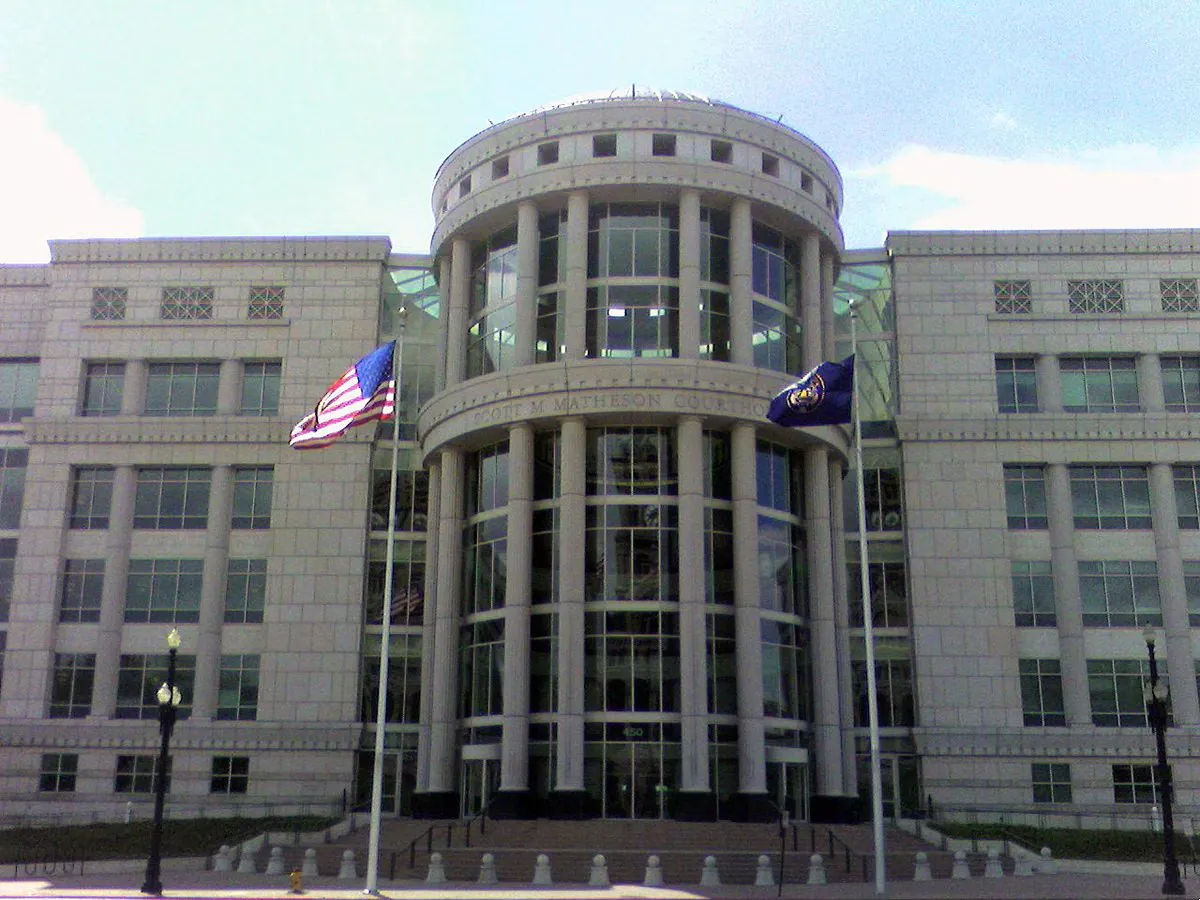Utah Supreme Court Blocks Enforcement of Near-Total Abortion Ban
Utah's highest court refuses to enforce a strict abortion ban while a lower court considers Planned Parenthood's challenge. The case raises constitutional questions and reflects ongoing national debates.

The Utah Supreme Court has declined to enforce a near-total abortion ban, allowing a lower court to continue its examination of a challenge brought by Planned Parenthood. This decision, made approximately two years ago, reflects the ongoing legal battles surrounding reproductive rights in the United States.
In a 4-1 ruling, the court determined that Judge Andrew Stone of the Third Judicial District Court for Salt Lake City was justified in blocking the law's implementation during the case's consideration. The majority opinion stated that the lawsuit "raises serious issues concerning (the law's) constitutionality."

Kathryn Boyd, president of the Planned Parenthood Association of Utah, expressed cautious optimism, acknowledging that while this decision is positive, the legal battle continues. Conversely, Sean Reyes, Utah's Republican Attorney General, reaffirmed the state's commitment to defending the law vigorously in the lower court.
The contested legislation, passed in 2020, was designed as a "trigger law" to take effect if the U.S. Supreme Court overturned Roe v. Wade. This occurred on June 24, 2022, prompting Planned Parenthood to file a lawsuit against Utah the following month. The organization argues that the ban infringes on women's rights to bodily integrity and privacy as recognized by Utah's constitution.
"While we celebrate this win, we know the fight is not over."
Utah's appeal to the state Supreme Court challenged Planned Parenthood's standing to bring the case, arguing the organization lacked a "personal stake" in the dispute. However, the court majority disagreed, ruling that Planned Parenthood could sue on behalf of its patients. Chief Justice Matthew Durrant dissented, stating that Utah law does not permit this type of third-party standing.
This case is part of a broader trend across the United States. In the past two years, over 20 Republican-led states have enacted bans or significant restrictions on abortion, resulting in numerous ongoing legal challenges.
The Utah Supreme Court's decision underscores the complex interplay between state and federal law, constitutional interpretation, and the evolving landscape of reproductive rights in America. As the case returns to the lower court, it will continue to be closely watched by both advocates and opponents of abortion rights.


































